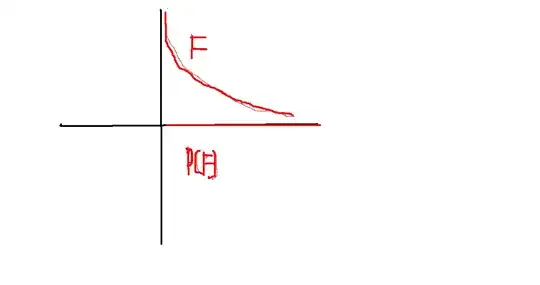If we have two topologies $(X,\mathcal{T})$ and $(Y,\mathcal{U})$, then we may take the product topology. We define the projection map $\prod_x$ in the usual way.
If $A\subset X\times Y$ is closed, is $\prod_x(A)$ closed in $X$? I think that it is, as:
$A=(X\times Y)\setminus (\cup_\lambda T_\lambda \times U_\lambda=(X\setminus \cup_\lambda T_\lambda \times Y\setminus \cup_\lambda U_\lambda)$ so that:
$\prod_x(A)=\prod_x((X\setminus \cup_\lambda T_\lambda \times Y\setminus \cup_\lambda U_\lambda)))=X\setminus \cup_\lambda T_\lambda$ which is closed in $X$. Is this correct?
Cheers.
